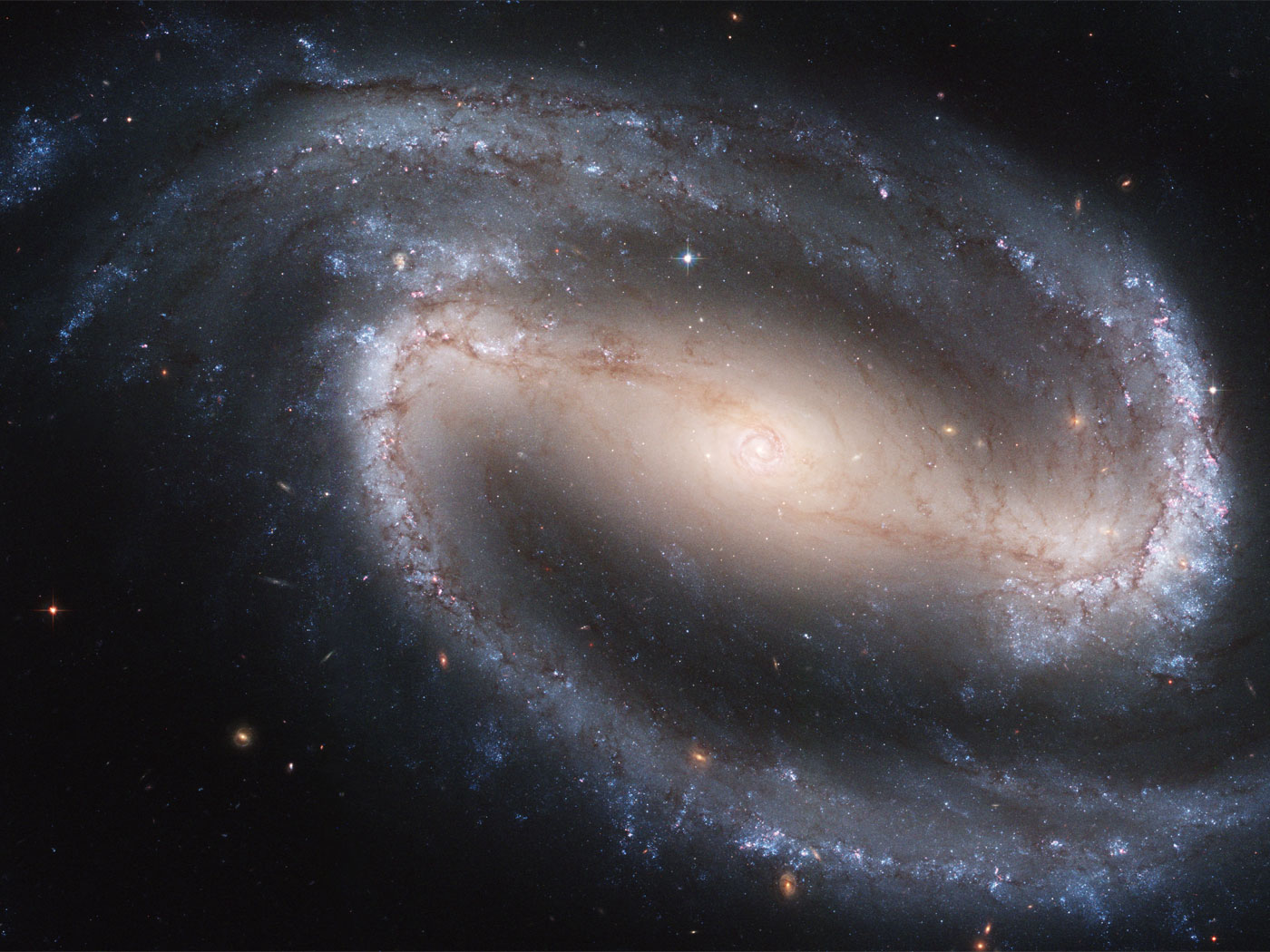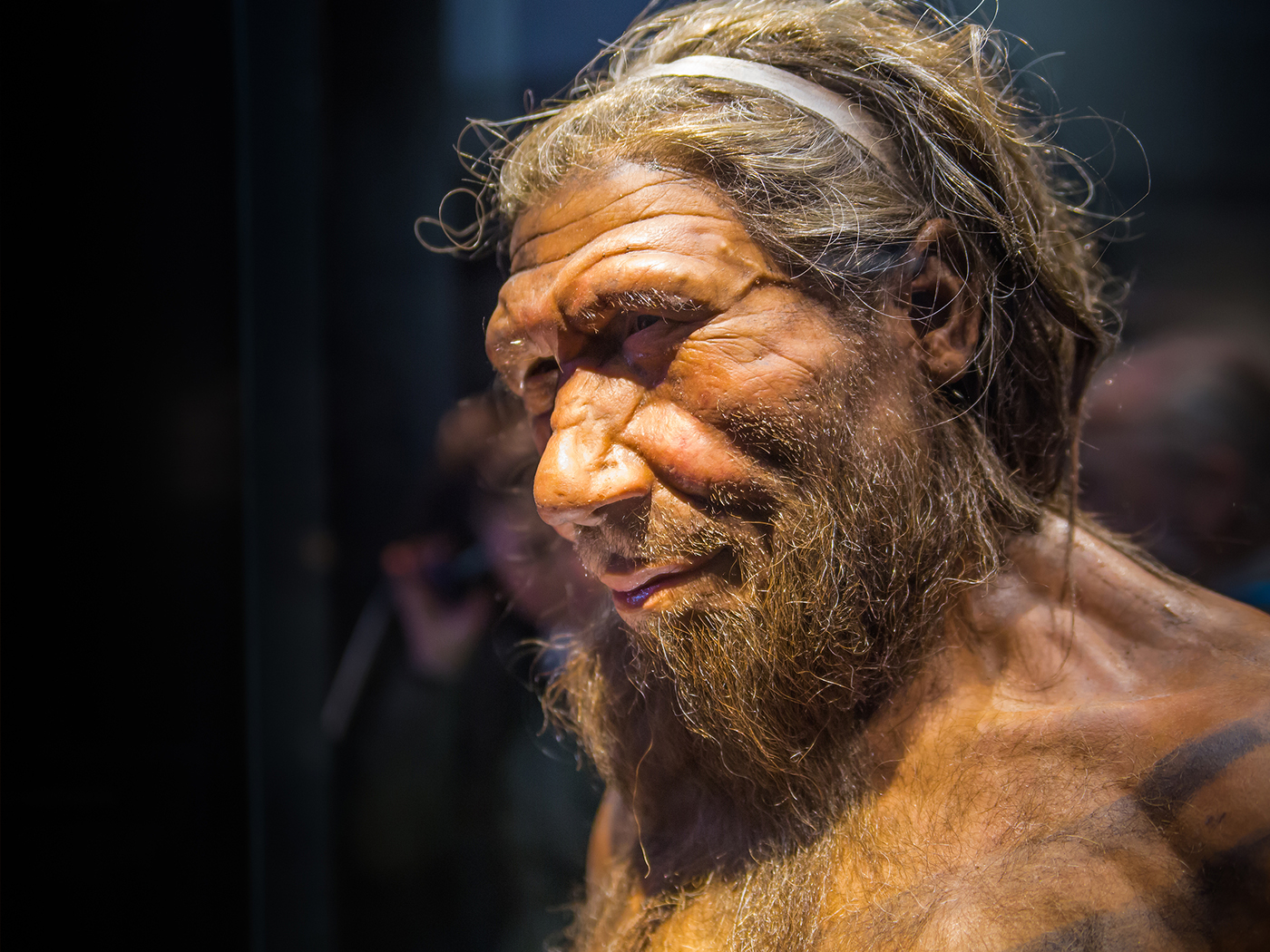Many Americans are convinced that mainstream narratives are true—like humans descended from ape-like ancestors or that burning fossil fuels causes global warming. But many times large contingents totally disagree with these popular ideas. How can equally intelligent and educated people arrive at such opposing conclusions? Conventional thinkers often assume that those who diverge from mainstream narratives simply need more science education. However, a new study shows why some other factor must be to blame.
Kan Kahan, a professor at Yale Law School, studied the way people reason as they access scientific knowledge and compared it with the way they reason when protecting their distinct cultural identities. His transcribed lecture will form the basis for a publication in the journal Advances in Political Psychology.
He found that diverse cultural groups agree "on what science knows about climate change."1 That is, they agree that most scientists agree about man-caused climate change, but they don't all believe what those scientists are saying. And Kahan found similar results when testing belief in human evolution.
Writing for the New York Times, Drendan Nyhan wrote of Kahan's study, "When he instead tested whether respondents knew the theory of evolution, omitting mention of belief, there was virtually no difference between more and less religious people with high scientific familiarity. In other words, religious people knew the science; they just weren't willing to say that they believed in it."2
Throwing more science education at those who dissent from these mainstream positions probably won't work, since they already know what most others know. We've all heard what the secular scientists are saying, and larger doses of it likely won't change our minds. Nyhan wrote that this study "helps us understand why my colleagues and I have found that factual and scientific evidence is often ineffective at reducing misperceptions."2
Has Nyhan confused "what mainstream scientists believe" with "factual and scientific evidence?" It appears he is labeling any idea that goes against mainstream secular science as a misconception.
Sometimes, when Americans learn more "factual and scientific evidence" they actually end up with more reasons to reject mainstream climate concepts. Evidence such as temperature data sometimes being manufactured instead of simply measured, or that alarmist climate scientists prematurely fingered carbon dioxide as the main cause of rising global temperatures, or that our planet has actually been cooling during the decade of strongest climate hype give thinking people reasons to pause over popular positions.3
Likewise, one should expect at least some thinking and educated Americans to reject the idea that people evolved from ape-like ancestors, since evolutionary biologists have not yet provided a single example of one creature kind morphing into a separate kind.4 Perhaps millions of college-educated people are rejecting human evolution because of the substantial "factual and scientific evidence" arrayed against it.
Maybe some have rejected human evolution simply to maintain their cultural identity as Bible-believing Americans, but Nyhan would be wrong to assume that they must ignore scientific facts to do so. The wishful science behind evolution remains eminently unconvincing to those willing to study and critique evolutionary concepts—to those who do not just take mainstream scientists' word for it.5
References
- Kahan, D.M. Climate Science Communication and the Measurement Problem. Social Science Research Network. Posted on ssrn.com June 25, 2014, accessed July 7, 2014.
- Nyhan, B. When Beliefs and Facts Collide. New York Times. Posted on mobile.nytimes.com July 5, 2014, accessed July 7, 2014.
- Thomas, B. Leaked Emails May Show Global Warming Research Is a Fraud. Creation Science Update. Posted on icr.org December 3, 2009, accessed July 8, 2014.
- Skeptics might object that this argument hinges on a slippery definition of "kind," but this is not so. It might be better framed from an engineering viewpoint. Separate, un-evolvable kinds can be distinguished by their distinct sets of irreducible parts. For example, converting a chimpanzee hand into a human hand would require newly fashioned hand, arm, and shoulder bones, new muscles, new nerve connections to those muscles, and new mental hardware and software to operate the hand. If all these required parts don't arrive at one time but instead arrive one at a time, then the evolving chimp is left with hands that don't yet work like a human's, no longer work like a chimp's, and thus don't work at all. Such a creature—the fossils of which are still missing—would not evolve, but would likely die instead. And wouldn't the same reasoning also apply to many other human-specific body parts?
- See Man Was Created Distinct from Apes. Institute for Creation Research.
* Mr. Thomas is Science Writer at the Institute for Creation Research.
Article posted on July 16, 2014.






















